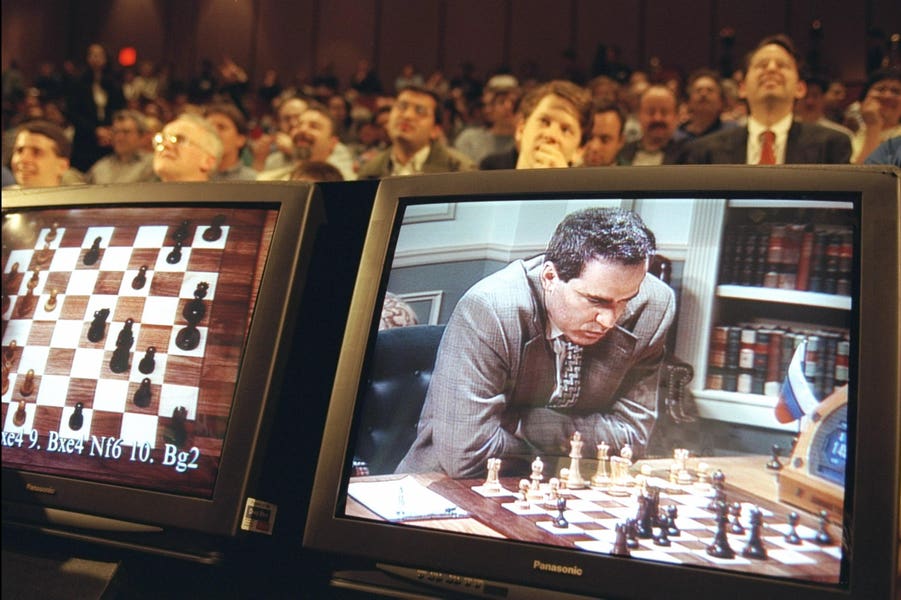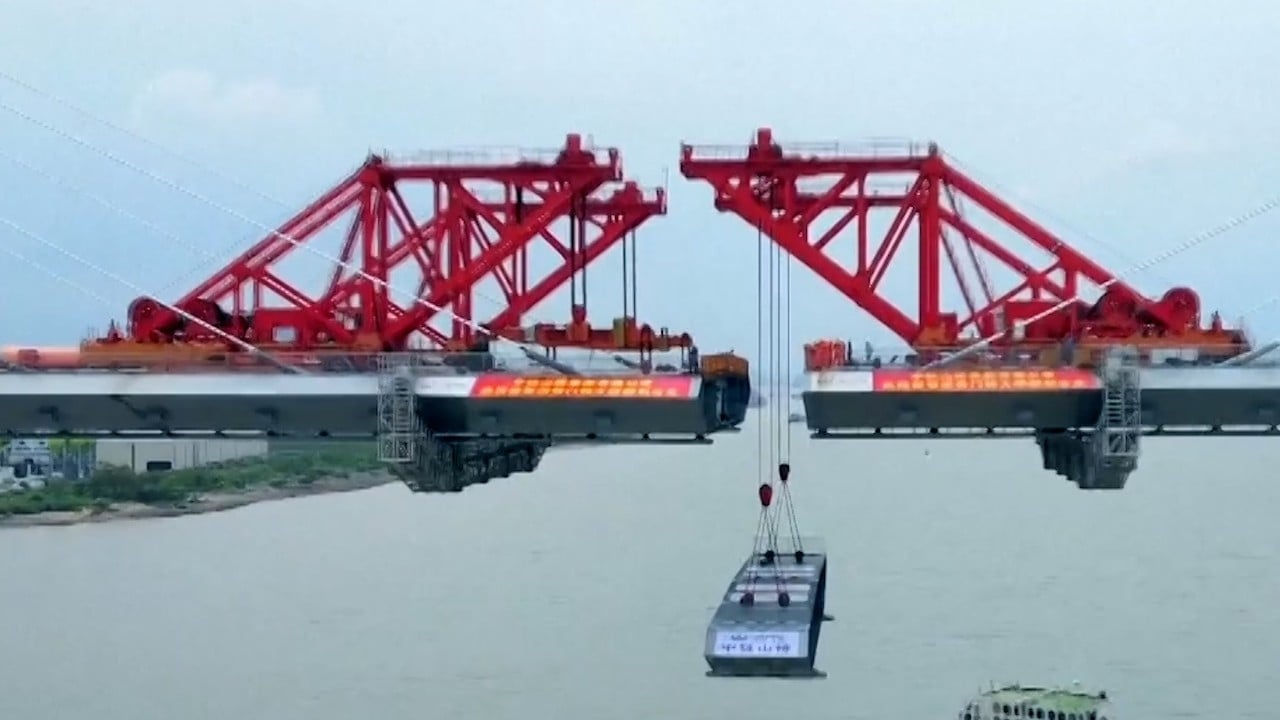Predictions of AI catastrophe have been inaccurate in the past.
In the 1990s, when Garry Kasparov, the reigning World Chess Champion, agreed to face off against IBM’s Deep Blue supercomputer, many in the chess community were alarmed. They were concerned that a triumph for the machine would deal a fatal blow to their ancient 1,500-year-old game.
Despite warnings from chess veterans about the potential decline of interest and sponsorship if a machine outperformed the best human player, Kasparov proceeded with the challenge. In 1997, he was defeated by the computer, humorously becoming the first person to lose their job to AI.
Interestingly, rather than leading to a decline, the era of machines propelled chess to new heights of popularity. Today, the game thrives, attracting top players from countries where chess was previously less prominent. Sponsorship for human players has also surged, with the current World Chess Champion amassing a fortune estimated in the tens of millions of dollars.
The evolution of chess in the age of machines offers valuable insights into how AI is reshaping various aspects of our world today, surpassing human capabilities in significant areas beyond the confines of a chessboard.
Just as with any technology, AI is not inherently positive or negative; its impact will be multifaceted. While legitimate concerns exist regarding the risks associated with AI, it is crucial to acknowledge and embrace its potential benefits to guide its development in a positive direction.
The apprehensions expressed by chess veterans in the 1990s were not entirely unfounded, particularly in terms of their immediate concerns. Following Deep Blue’s victory, the world of chess experienced a rapid upheaval in rankings, with longstanding leaders being displaced by newcomers.
Prior to the computer era, success in chess required more than just talent; it necessitated recognition and mentorship from established experts in the game. However, with the advent of computers, anyone could engage in endless matches against experts, both artificial and human, from around the globe. The online platform enabled aspiring players to follow games remotely and receive instant, detailed analyses.
Moreover, computers not only excelled in gameplay but also introduced novel strategies, influencing human players to adapt and innovate. Rather than replacing humans, machines augmented the skills of those players who embraced the technology, leading to a substantial overall positive impact on the game.
A similar narrative unfolded in the realm of Go, an even older and more intricate game, when AlphaGo, developed by Google DeepMind, outperformed top human players. The encounters with AlphaGo prompted human players to rethink their approaches and strategies, resulting in a discernible transformation in gameplay quality and innovation.
Despite initial apprehensions, Garry Kasparov has come to appreciate the enhancements brought about by machines in the realm of chess. He recognizes the parallels between the positive potential of AI in shaping a better world and the transformative impact it has had on the game he once dominated.
Beyond the realm of games, AI is revolutionizing essential human skills such as negotiation, a cornerstone of cooperation and value creation in the global economy. AI’s capabilities in autonomous negotiations have surpassed human capacities, offering a paradigm shift in deal-making dynamics. Unlike humans, AI operates with a focus on maximizing value for all parties involved, embodying the concept of Pareto efficiency.
The profound impact of AI extends beyond job displacement, with the potential to create new opportunities and enhance global GDP. By leveraging AI to conduct negotiations at scale and harnessing vast amounts of information, humanity stands to benefit from improved decision-making and value creation.
The evolving landscape of AI and its implications for the job market underscore the importance of adaptation and readiness for the opportunities that lie ahead. Rather than fearing displacement, embracing AI-enabled advancements can lead to a net positive outcome for individuals and society at large.










